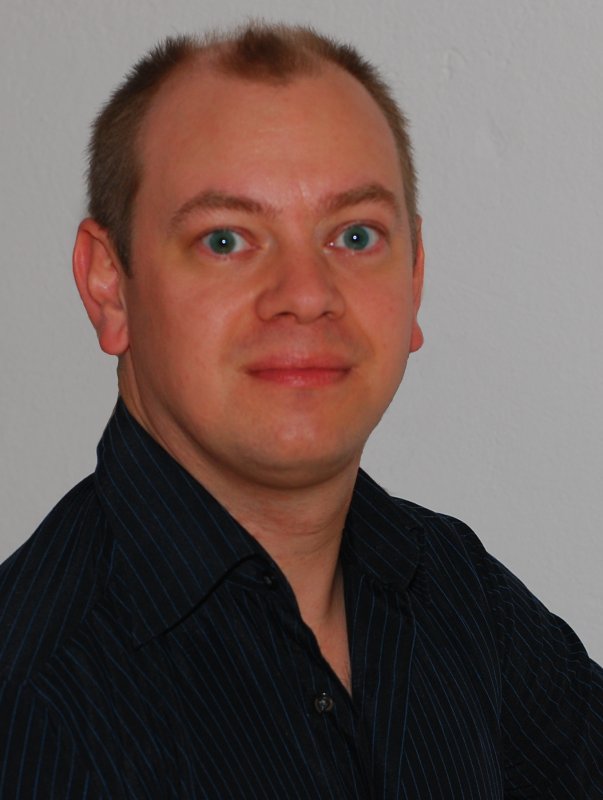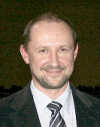
|
|
|
PA09 Pathway Biology.
|
|
Deadline for applications: October 5th 2009 Notification of acceptance date: October 6th 2009 Course date: October 12th - October 13th 2009 |
Instructors: |

Alexander Kel holds the position of Senior Vice President Research and Development. Dr. Kel was involved in research in practically all fields of bioinformatics, from molecular evolution, and structural biology to database development, application of machine learning techniques and sequence analysis. In the recent years his interests shifted considerably towards system biology including structural analysis of signal transduction and gene regulatory pathways and dynamic modelling of regulatory circuits of such complex cellular processes as cell cycle, differentiation and apoptosis BIOBASE GmbH, Wolfenbuettel, Germany |

Christoph Wierling studied Biology at the University of Munster and obtained a PhD in biochemistry at the Free University of Berlin. His research interest focus on modeling and simulation of biological systems and the development of systems biology software. Currently he works as a group leader of the systems biology group at the Max Planck Institute for Molecular Genetics in Berlin. Max Plank Institute, Berlin, Germany |

Olga Kel-Margoulis holds the position of Vice President Pathway Databases of BIOBASE GmbH. Her main responsibility is selection of scientific topics for progressive updating of databases, organizing the process of annotation and coordination of BIOBASEs different databases. BIOBASE GmbH, Wolfenbuettel, Germany |

Roman Zubarev studied technical physics in the Moscow Engineering Physics Institute and received his PhD in Ion Physics from the Uppsala University, Sweden. After postdoc training in Fred W. McLafferty's group at the Cornell University in USA, he became associate professor at the Chemistry Department in Odense, Denmark. In 2002 he came back to the Uppsala University as full professor, and became engaged in proteomics work. He is a Director of HUPO, and an awardee of the prestigious Carl Brunnee award (ISMS, 2006) and Biemann medal (ASMS, 2007) for his work in mass spectrometry. Roman Zubarev has published more than 130 peer-reviewed papers, and has several patents. He teaches courses related to mass spectrometry and proteomics analysis. Karolinska Institutet, Stockholm, SE |

Bijay Jassal studied Chemistry and Biochemistry at Keele University, UK then a Masters in Toxicology at Birmingham University, UK. After graduation, worked in the wet lab in the field of molecular biology (Human Genome Project) before switching to work on the pathway database Reactome more than six years ago. Currently, work as a BioCurator for Reactome, working with experts in biological domains to capture information for the database. Also involved in the teaching of Reactome to researchers and industry. EMBL-European Bioinformatics Institute, Hinxton, UK |
Course description (topics):Topics include: standards in systems biology basics of gene expression and proteomics data analysis promoter analysis signal transduction pathway analysis ChIP-chip/ChIP-seq analysis building simulation models You will also have the possibility to analyse your own gene expression, proteomics or ChIP-chip data with the help of teachers. |
|
Detailed Program |
|
Instituto Gulbenkian de Ciência, Apartado 14, 2781-901 Oeiras, Portugal Last updated: September 22nd 2009 |